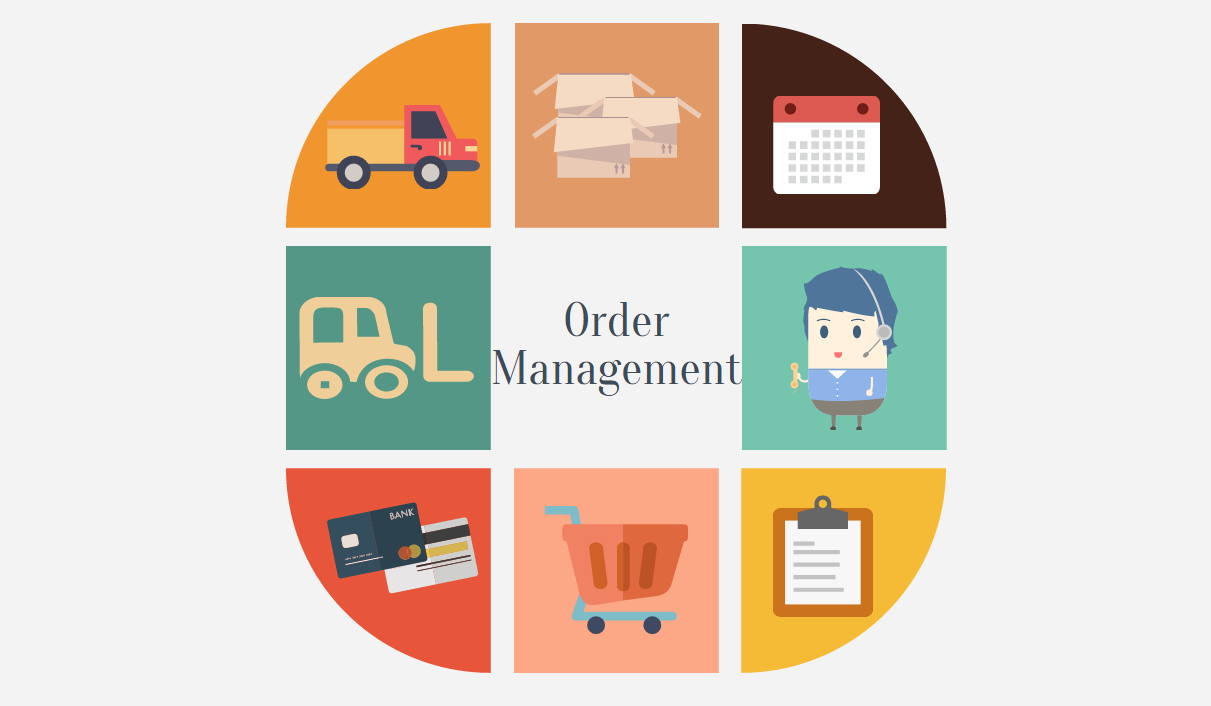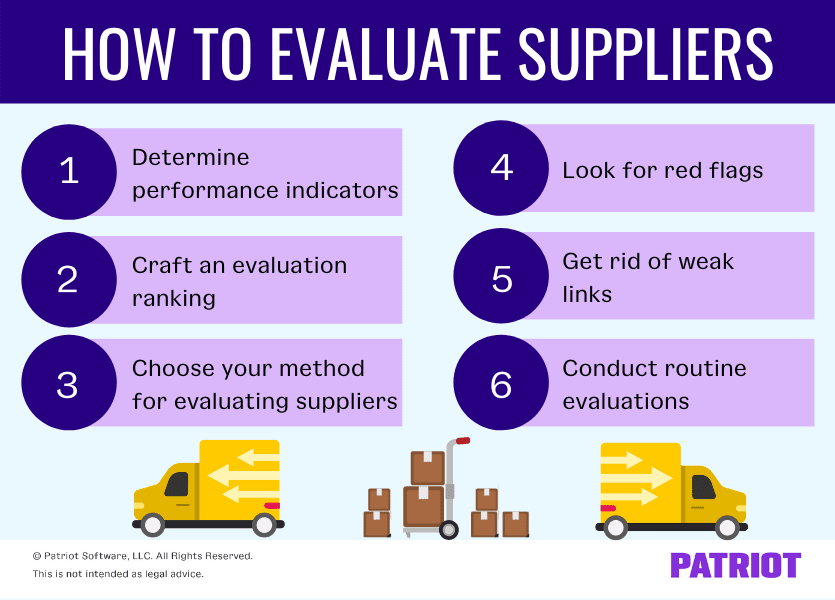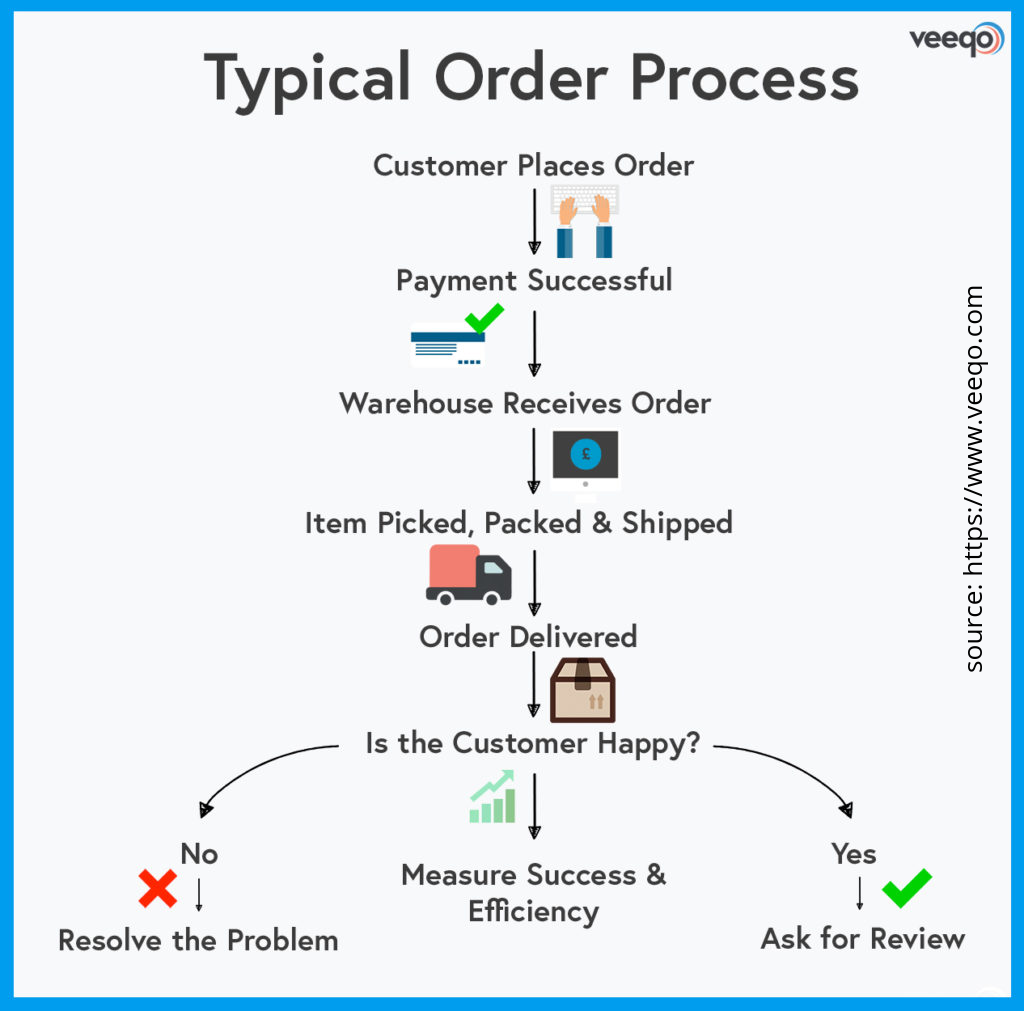When Evaluating A Special Order Management Should
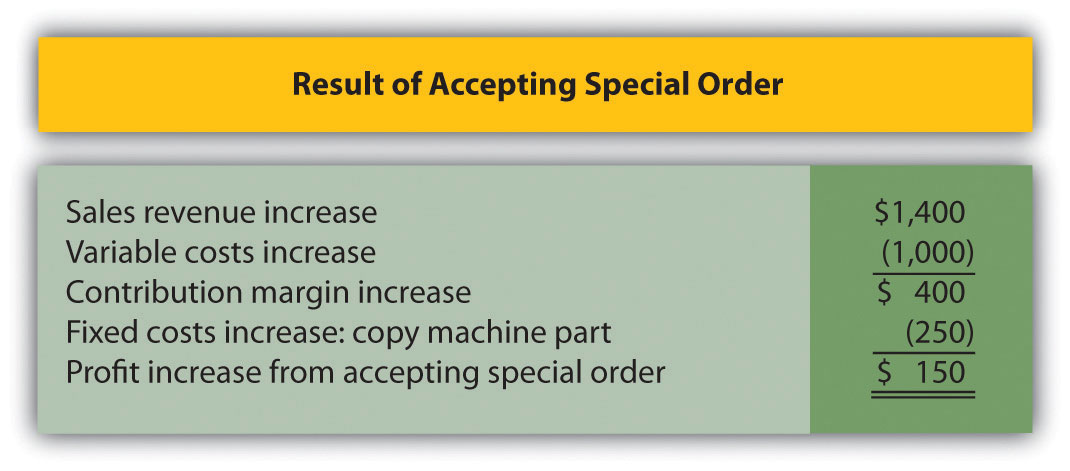
Imagine the scene: The hum of machinery fills the air, punctuated by the rhythmic clatter of keyboards as teams huddle over blueprints and spreadsheets. Outside, the delivery trucks wait, poised to transport goods that aren't just products, but carefully crafted solutions tailored to individual client needs. In the conference room, a pivotal discussion unfolds: is this special order worth it?
At the heart of every successful business lies the crucial ability to discern whether accepting a special order will bolster profitability and strengthen long-term strategic goals. Management must thoroughly evaluate several key factors, including incremental costs, capacity constraints, potential impact on regular sales, and long-term customer relationships to make informed decisions.
The Allure and the Pitfalls of Special Orders
Special orders represent a unique opportunity for businesses to expand their revenue streams and cater to a wider range of customer needs. These are customized orders which deviate from the company's standard product or service offerings and are usually accepted for a one-time project.
However, the lure of increased revenue can sometimes overshadow the potential pitfalls. Special orders can strain resources, disrupt existing production schedules, and even erode profit margins if not managed carefully.
Incremental Costs: Unveiling the True Price
A fundamental aspect of evaluating special orders is the meticulous assessment of incremental costs. These costs represent the additional expenses incurred solely due to accepting the special order.
Direct materials and direct labor are obvious components. However, the analysis must also consider less apparent costs such as additional utilities, overtime pay, or the need for specialized equipment rentals.
Accurate costing is paramount; underestimating incremental costs can lead to a false sense of profitability and ultimately damage the company's bottom line. As stated by the Institute of Management Accountants, “Cost accounting techniques are essential tools for effective decision-making, providing managers with insights into the true costs of operations.”
Capacity Constraints: Can You Handle the Heat?
Capacity constraints pose a significant challenge when evaluating special orders. Businesses must determine whether they possess the resources – workforce, machinery, and time – to fulfill the order without compromising existing obligations.
Accepting a special order that exceeds capacity can lead to delays in regular production, dissatisfied customers, and even damage to the company's reputation. It's crucial to perform a thorough capacity analysis before committing to the order.
Bottlenecks in the production process need to be identified and addressed proactively. If internal capacity is insufficient, outsourcing certain aspects of the special order might be a viable option.
Impact on Regular Sales: Don't Rob Peter to Pay Paul
Another critical consideration is the potential impact of the special order on regular sales. Will the special order cannibalize existing customer demand? Or will it open doors to new markets and customers?
If the special order diverts resources away from regular production, it could lead to stockouts, delayed deliveries, and ultimately, lost sales. A careful analysis of demand patterns and production capacity is essential to mitigate this risk.
Furthermore, management must consider whether the special order will create a perception of unfairness among regular customers. Offering a significantly lower price for the special order could alienate loyal customers who are paying the standard price.
Pricing Strategies for Special Orders
Pricing special orders requires a strategic approach that balances profitability with customer satisfaction. A common mistake is to simply add a fixed markup percentage to the incremental costs. The goal should be to maximize profits without undermining the company's competitive positioning.
Cost-plus pricing is a common method, where a markup is added to the total cost of the special order. However, the markup percentage should be carefully considered to reflect the unique circumstances of the order.
Value-based pricing, on the other hand, focuses on the perceived value of the special order to the customer. This approach allows businesses to charge a premium for unique or highly customized solutions.
Long-Term Customer Relationships: Building Bridges, Not Burning Them
Special orders can be a powerful tool for building long-term customer relationships. Successfully fulfilling a special order can demonstrate a company's commitment to customer satisfaction and willingness to go the extra mile. Positive experience will help keep the customer.
However, a poorly executed special order can quickly damage a customer relationship. Late deliveries, quality issues, or communication breakdowns can erode trust and lead to lost business.
Transparent communication is paramount throughout the entire process. Keeping the customer informed of progress, potential challenges, and any necessary adjustments can help build trust and manage expectations.
Qualitative Factors: Beyond the Numbers
While quantitative analysis is crucial, qualitative factors should not be overlooked. Some special orders may offer strategic benefits that are difficult to quantify in monetary terms. Think about the intangible values that might benefit your company.
For example, a special order might provide an opportunity to showcase a company's capabilities and attract new customers. It might also allow the company to gain valuable experience in a new market or technology.
Careful consideration of these qualitative factors can provide a more holistic view of the potential benefits and risks of accepting a special order.
Real-World Examples: Learning from Experience
Numerous case studies highlight the importance of careful evaluation when considering special orders. Companies that have taken a disciplined approach to cost analysis, capacity planning, and customer relationship management have often reaped significant rewards.
Conversely, companies that have rushed into special orders without adequate preparation have often suffered the consequences in the form of lost profits, damaged reputations, and strained resources.
For example, a manufacturing company might receive a special order for a custom-designed product. By carefully analyzing the incremental costs, capacity constraints, and potential impact on regular sales, the company can determine whether the order is truly profitable and aligned with its strategic goals.
Best Practices for Evaluating Special Orders
Establishing a formal process for evaluating special orders is essential for consistent and informed decision-making. This process should involve input from various departments, including sales, marketing, production, and finance.
A standardized template can be used to document the key factors considered in the evaluation. This template should include sections for estimating incremental costs, assessing capacity constraints, analyzing the impact on regular sales, and evaluating qualitative factors.
Regularly reviewing and refining the evaluation process can help ensure that it remains effective and aligned with the company's evolving business needs. A data-driven company needs to be proactive.
The Final Verdict: A Balancing Act
Ultimately, deciding whether to accept a special order is a balancing act. Management must weigh the potential benefits against the potential risks, considering both quantitative and qualitative factors.
A well-informed decision requires a thorough understanding of incremental costs, capacity constraints, potential impact on regular sales, and long-term customer relationships. By taking a disciplined and strategic approach, businesses can leverage special orders to drive growth, enhance profitability, and strengthen their competitive position.
As the team rises from the conference table, the hum of machinery a constant reminder of the work to be done, the decision hangs in the air. They understand that with careful consideration and strategic foresight, special orders are opportunities to showcase your company's dedication and value.


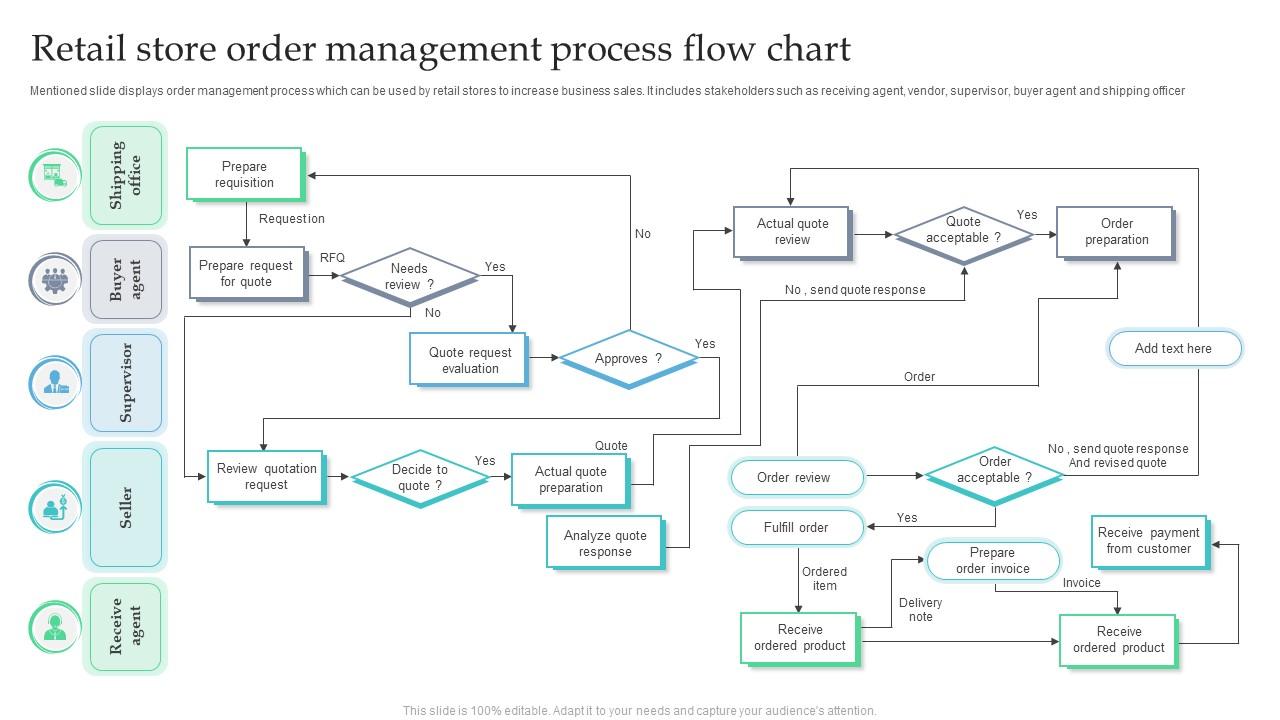

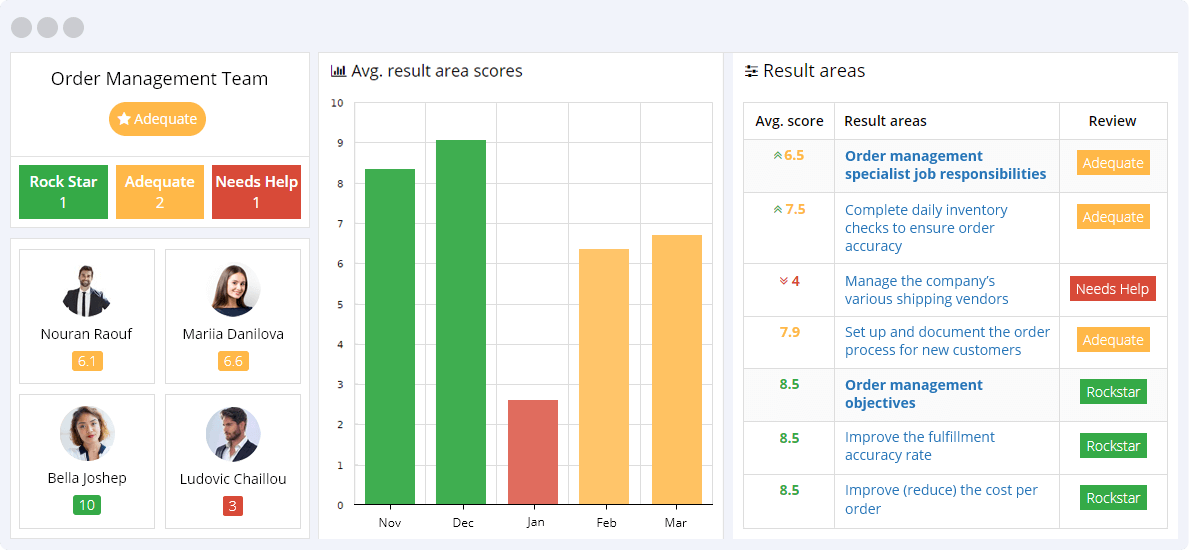


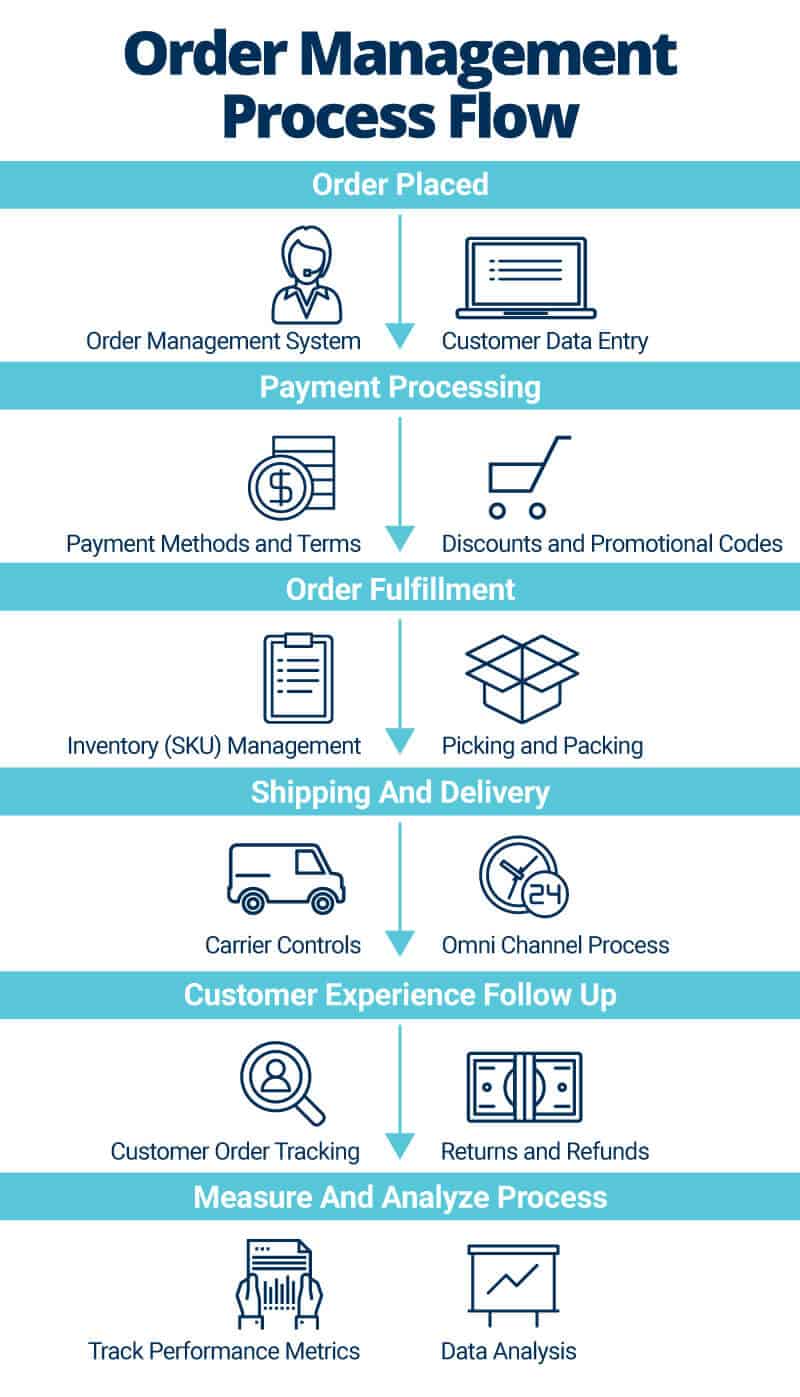
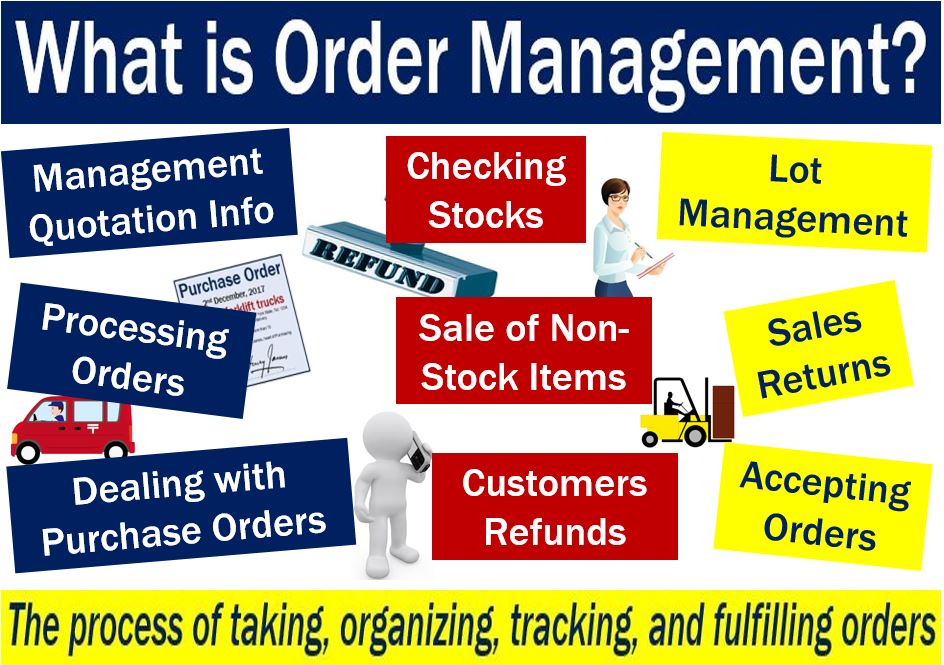
![When Evaluating A Special Order Management Should Solved Exercise 12-4 Evaluating a Special Order [LO12-4] | Chegg.com](https://d2vlcm61l7u1fs.cloudfront.net/media/4ca/4cad4f0d-138c-4cff-980a-37058c85b18e/phptWSmdR.png)
